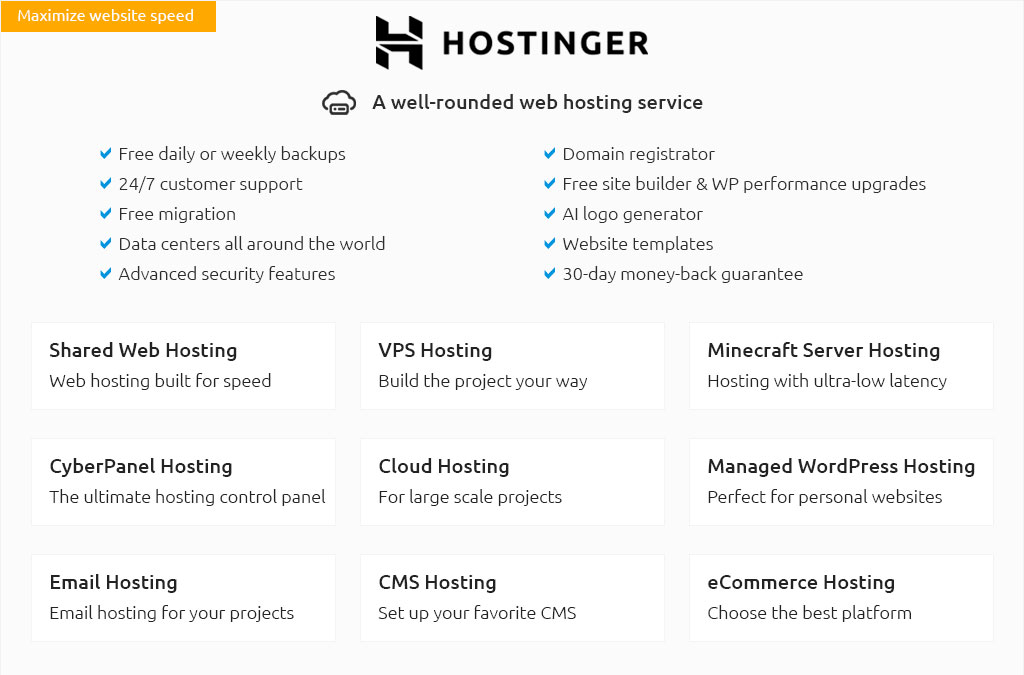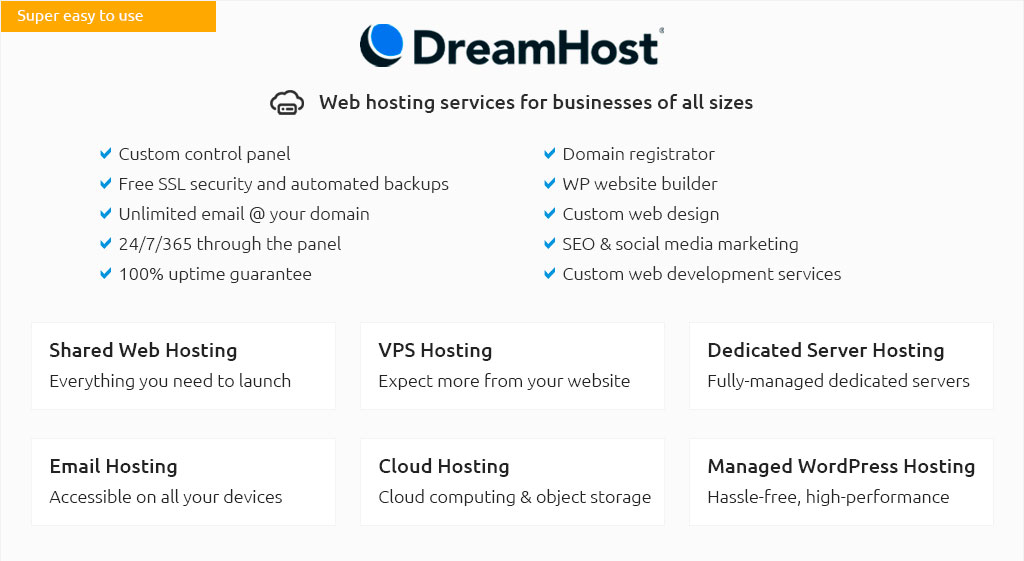 |
|||
 |
 |
 |
|
 |
|
 |
 |
 |
|||
 |
|||
 |
|||
 |
|||
 |
|||
 |
|||
 |
 |
VPS Security: Essential Insights and Best PracticesUnderstanding VPS SecurityVirtual Private Server (VPS) security is a critical aspect of managing a VPS. As businesses increasingly rely on VPS for their hosting needs, ensuring that these servers are secure becomes paramount. By understanding the fundamental aspects of VPS security, you can protect your data and maintain server performance. Why is VPS Security Important?Security breaches can lead to data loss, service interruptions, and financial loss. Securing your VPS not only protects sensitive information but also enhances your organization's reputation by ensuring customer trust. Best Practices for VPS SecurityRegular Updates and PatchingKeeping your software updated is one of the simplest yet most effective ways to secure your VPS. Regular updates help protect against vulnerabilities and ensure optimal performance. Firewall Configuration
Secure SSH AccessSSH access is a common entry point for attackers. By securing it, you can significantly reduce the risk of unauthorized access:
Backup RegularlyRegular backups ensure that you can recover your data in case of a security incident. It is essential to establish a routine backup schedule and test the recovery process periodically. Additional Resources and ToolsFor those hosting on platforms like wordpress aws hosting, additional tools and resources are available to enhance security. These tools can provide automated security updates, malware scanning, and more. FAQ
https://www.liquidweb.com/blog/vps-security/
A VPS system is one of the most secure options. Because each VPS instance is its own, independent, virtualized environment, it becomes similar to a dedicated ... https://www.hostinger.com/tutorials/vps-security
In this article, we will dive deeper into Linux security and its common vulnerabilities. We will also discuss 16 VPS security tips to prevent cyber attacks on ... https://www.reddit.com/r/selfhosted/comments/14qsq9x/securing_your_vps_the_lazy_way/
So I only recommend ssh keys, they are not part of the core checklist. Fail2ban can provide a not too much worse level of security (if set up ...
|